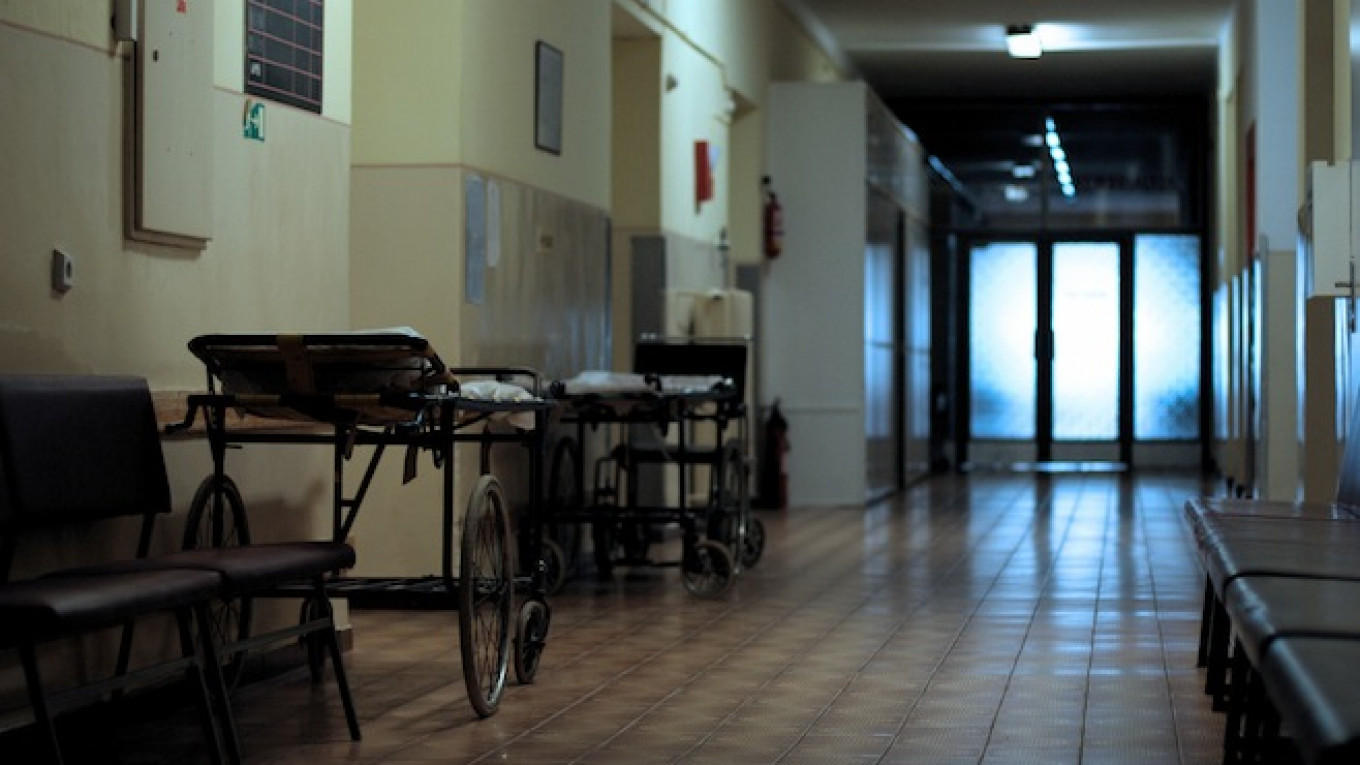The World Health Organization on Thursday warned the high rates of tuberculosis in Belarus and parts of Russia could pose a threat to health in Western Europe.
Dr. Mario Raviglione, director of the Global Tuberculosis Program at the World Health Organization, or WHO, on Thursday called the high incidence of the disease in Belarus and parts of Russia a "disaster situation."
Migrants from countries of the former Soviet Union who carry the infection could pose a threat to tuberculosis, or TB, levels in Western Europe, he added.
But worldwide, China, India and South Africa are among the hardest hit by the disease.
The WHO estimates that 8.6 million people developed TB in 2012 and 1.3 million died. Some 450,000 fell ill with dangerous superbug strains in 2012, and up to 2 million people worldwide may be infected with drug-resistant TB by 2015, it says.
The WHO on Thursday revealed an ambitious plan for rich countries to sharply reduce tuberculosis infections and serve as a model for harder-hit countries of Africa and Asia, where the disease still thrives.
The goal is to reduce the infection rate by a factor of 10 to fewer than 10 new TB cases per million people per year by 2035 in each of the 33 countries, and to effectively eliminate it by 2050.
Although the 33 targeted countries, 21 of them in Europe, have relatively low rates of infection, the disease still kills 10,000 people a year there — predominantly homeless people, migrants, prisoners, drug users, heavy drinkers or people with HIV/AIDS — the WHO, said.
Common symptoms of TB are coughing with sputum and blood at times, chest pains, weakness, weight loss and fever. But the disease, which is transmitted through the air, can take years to develop, and it is also vital to test as early as possible to determine if a person has a drug-resistant form.
See also:
A Message from The Moscow Times:
Dear readers,
We are facing unprecedented challenges. Russia's Prosecutor General's Office has designated The Moscow Times as an "undesirable" organization, criminalizing our work and putting our staff at risk of prosecution. This follows our earlier unjust labeling as a "foreign agent."
These actions are direct attempts to silence independent journalism in Russia. The authorities claim our work "discredits the decisions of the Russian leadership." We see things differently: we strive to provide accurate, unbiased reporting on Russia.
We, the journalists of The Moscow Times, refuse to be silenced. But to continue our work, we need your help.
Your support, no matter how small, makes a world of difference. If you can, please support us monthly starting from just $2. It's quick to set up, and every contribution makes a significant impact.
By supporting The Moscow Times, you're defending open, independent journalism in the face of repression. Thank you for standing with us.
Remind me later.






